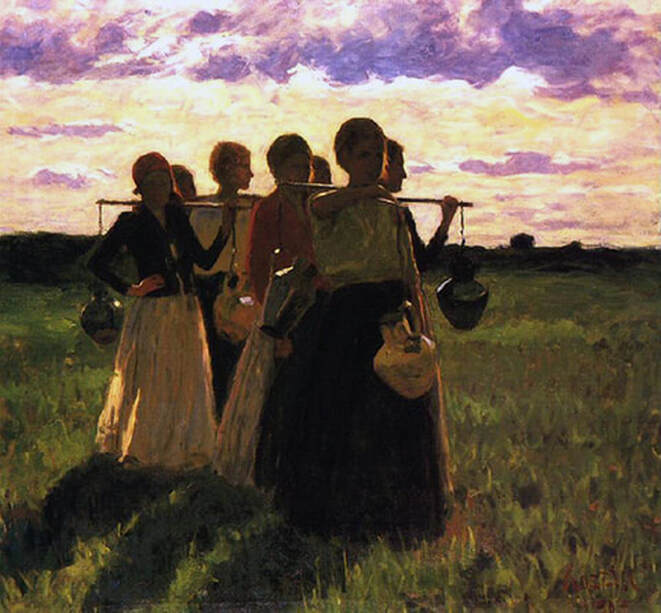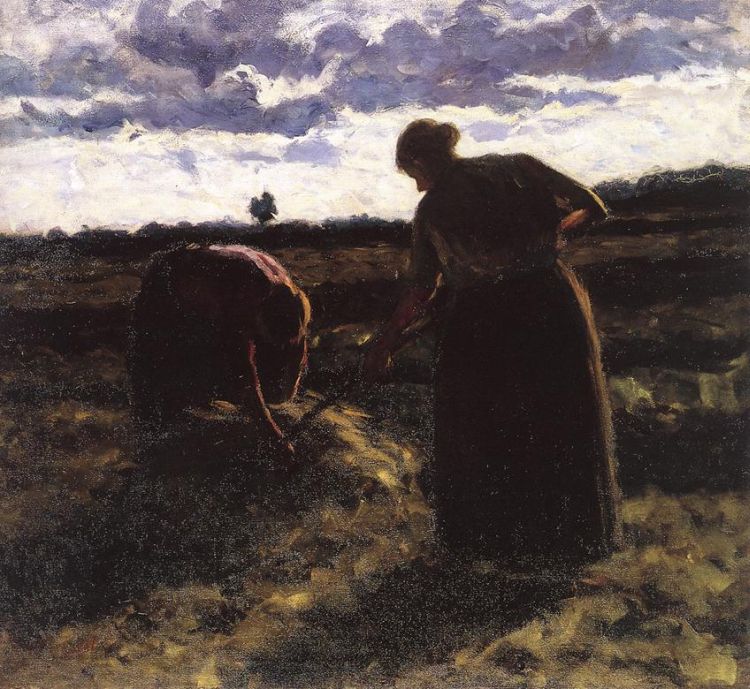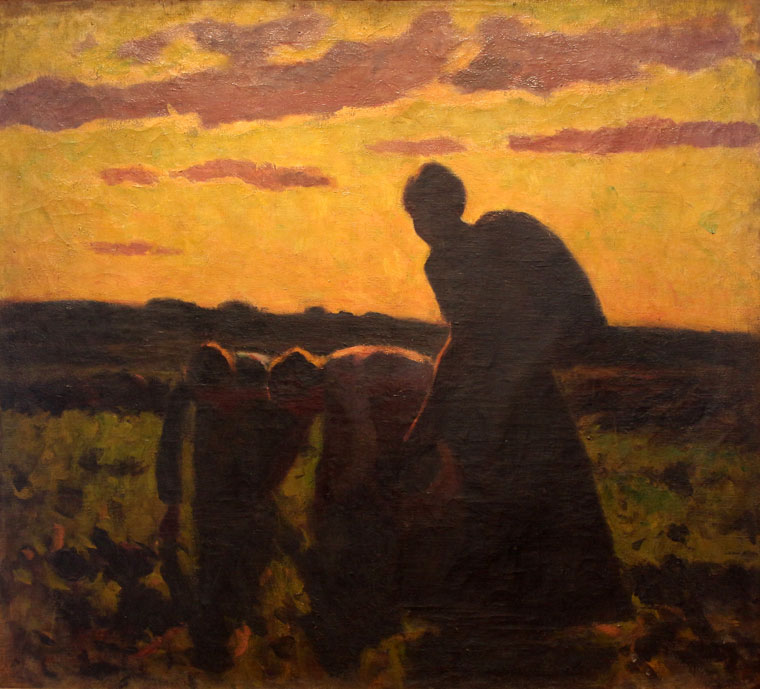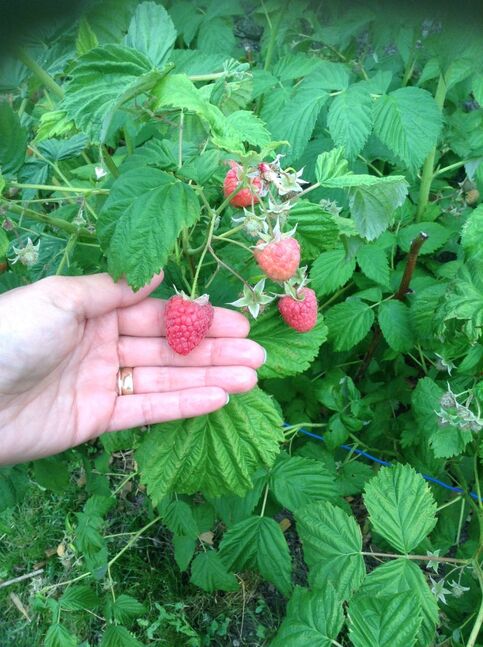It goes without saying that I am not referring to those suffering from some form of age-related mental decline or those battling dementia or Alzheimer’s, but to men and women in their sixties, seventies, and beyond who still possess all their mental faculties yet seem utterly incapable or ruthlessly uninterested in re-examining their assumptions or re-assessing the core of their beliefs against the backdrop of their experiences.
The case against wisdom accumulation with age is most glaring in old leftists. Of course, nearly every Westerner in their golden years is a leftist, even those who staunchly tout themselves as classic liberals and conservatives, but the most obviously unwise are old uber-leftists. I tend to forgive the young when they gravitate toward radical leftism, but I remain bewildered by septuagenarians who are just as transfixed and obsessed by leftism as they were in their youth, in some cases even more so. Old leftists fly in the face of common sense and give credence to the term “true believer”. It perplexes me to know people who, despite six, seven, or even eight years of life in this world, have been unable to or completely unwilling to recognize the lie leftism is built upon.
I was drawn to leftism in my teens, and it dominated much of my twenties, but by my late twenties I had more or less recognized leftism for what it was. I spent the bulk of my thirties weening myself away from the leftist/liberal narrative and began to embrace a higher understanding of what life truly involves. Much of this turning away was based on the evidence against leftism I encountered as I went about my everyday life. The rest came from deep reading, contemplation, and a reimmersion into Christianity. As might be expected, this was a long, drawn out process that included many fits and starts and uncertainties and long nights of the soul, but as I reflect upon it now, I tend to regard it all as development and growth based on learning. At the risk of sounding arrogant, I believe the process helped me become wiser.
Needless to say, the journey I have briefly outlined above is not unique to me, nor am I holding myself up as some specimen of sagacity. What I am pointing out is that leftist beliefs (and other errant beliefs) can and do degenerate and fade over time if the effort to challenge and work through flawed assumptions and motivations is made. The process can also be accelerated through a sincere assessment of life experience and intuitive knowledge.
Acquiring wisdom is ongoing process and even the wisest are at risk of misjudging or falling prey to folly (I am prone to a great deal of stupid, flawed thinking myself, but it is generally not the same level of stupid, flawed thinking I possessed when I was twenty-two). The age/wisdom cliché is based on the sensible notion that people will accrue good qualities of knowledge and judgement as they age simply through the life experience they have accumulated. Sadly, for most people, nothing could be farther from the truth because it seems most people do not learn from experience
Case in point, there’s this gentleman I know, a septuagenarian, whose biggest concern in life is climate change. The gentleman in question is a bit of a wingnut, but he is not a malicious fellow and is generally friendly and polite. From what I have been able to gather in my interactions with him, he is an unapologetic lifelong leftist, one who has morphed from an old school Marxist/anti-capitalist leftist into a full-blown contemporary leftist obsessed by diversity, inclusivity, and equality. Above all else, he is a rabid environmentalist, and he sends me at least five or six articles via email a week all screeching about the inevitable death of the planet due to anthropogenic climate change. The following thoughts come to mind every time I receive one of these emails. I admit, some of these thoughts are a bit callous:
1. At his age, what does he care?
2. Doesn’t he remember the global cooling scare of the 1970s? I do, and I was a kid.
3. Even if all of the articles are true, doesn’t he see what governments and the elite are using this hysteria for?
4. He goes to church on Sundays. Why doesn’t he focus his thoughts on more important things, especially at his age?
Anyway, I don’t want to harp on about this particular gentleman. I merely wanted to illustrate my point of age not leading to wisdom, and to emphasize that I generally do not know what to make of people like him. It baffles me to think a person can live in what I would equate with a state of perpetual denial for seven or eight decades. It must be exhausting, especially after retirement when the many hours work used to fill are suddenly freed up for reflection and introspection. Perhaps it’s simply a matter of comfort – of sticking with the devil you know. Perhaps it’s a matter of stubborn pride. Or perhaps it’s a conscious, active choice against the Good. Whatever the case, it’s mind-boggling all the same.






 RSS Feed
RSS Feed

